Millions of Americans participate in activities designed to reduce stress and improve their well-being, whether it’s taking a mental health day off work, engaging in calming practices, or simply spending time to recharge. However, for some, mental health challenges go far beyond routine stress, and this is particularly true for survivors of domestic violence (DV). Did you know that 20% of DV survivors develop mental health conditions as a result of their trauma? In this context, Mental Health Awareness Month offers an opportunity to understand how DV impacts mental health.
For survivors of domestic violence, the path to healing isn’t a straight line–healing can take a lifetime. Practically speaking, it may not be financially possible to access the necessary resources or to take time off to focus on healing. Additionally, survivors who have faced isolation may not have a strong support system. It is common for those who have undergone emotional abuse to have a whittled sense of self-worth. Having supportive friends, family, and professionals can help rebuild a survivor's self-esteem. Self-esteem building is critical for survivors to build emotional strength and feel empowered to regain control of their lives.
Domestic violence can take many forms, including a combination of ‘minimizing, denying, and blaming’. ‘Minimization’ happens when abusers don’t take accountability for the way they have harmed their partner. For example, comments such as “You’re too sensitive” or “It’s not a big deal” make the survivor feel ashamed for their valid emotional responses. ‘Denying’ happens when abusers completely deny their actions. This form of gaslighting psychologically impacts survivors as they start to question their own reality, perception, or sanity. ‘Blaming’ happens when abusers blame their partner for their own bad behavior. These tactics of control leave survivors feeling isolated as they take on the responsibility for the abuse done to them. This self-blame can have a deep, long-lasting impact on mental health. Survivors may experience depression, anxiety, post-traumatic stress disorder (PTSD), and even substance use disorders as they cope with the trauma. Over time, the mental and emotional toll can be devastating, affecting not only the survivors but also any children exposed to the abuse. Children may develop PTSD, leading to anxiety, hypervigilance, and a greater risk of entering into unhealthy relationships later in life. At La Casa, we uphold the truth that you are never to blame for someone else’s actions.
While the long-term effects of domestic violence are far-reaching, there is hope. At La Casa de las Madres, we offer critical ongoing support to survivors and their families, providing both emotional and practical help to reinforce their healing process. This happens regardless of where a survivor is in their journey to self-reclamation, whether they are still with their batterer or years exited from an abusive relationship. In FY24, we served 1,114 survivors across the Bay Area, offering counseling, self-esteem & skill-building, as well as advocacy services. Our dedicated advocates listen, care, and provide comprehensive support to help survivors rebuild their lives.
If you're wondering how you can help, unconditional support and consistent presence are the most effective interventions for survivors. Listen without judgment, and ensure survivors that they will have your support regardless of their choices. Everyone deserves to feel safe, supported, and empowered in their mental health journey. Your kindness and understanding can help make that possible.
Written by Gabriela Gonzalez-Puentes & Jaya Drohan


